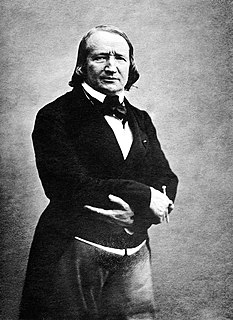A Quote by Ludwig von Mises
The productivity of social cooperation surpasses in every respect the sum total of the production of isolated individuals.
Quote Topics
Related Quotes
Globalization is a bottom-up phenomenon with all actions initiated by milions of individuals, the sum total of which is globalization. No one is in charge, and no one can anticipate what the sum of all the individual initiatives will be before the result manifest. A global economy can only be the result of spontaneous order.
On the one hand, there has been a remarkable expansion of the total production and productivity of food production, and on the other hand an extraordinarily skewed distribution system, substituting medium-run threats for short-term threats for the majority of the world's population, particularly the 50 to 80 percent at the bottom.
It is well known that Russia has many interesting and promising developments in the military-technical sphere. We are ready to deliver the needed equipment and ready for joint cooperation in arms production with Brazilian specialists. This is an area that is very closely linked to high technology in general. In this respect, we hope to develop closer cooperation between the scientific communities in our two countries.
Contrary to any claim of a systematically “neutral” effect of taxation on production, the consequence of any such shortening of roundabout methods of production is a lower output produced. The price that invariably must be paid for taxation, and for every increase in taxation, is a coercively lowered productivity that in turn reduces the standard of living in terms of valuable assets provided for future consumption. Every act of taxation necessarily exerts a push away from more highly capitalized, more productive production processes in the direction of a hand-to-mouth-existence.
I think sociologists are among the best at thinking about emergence, of thinking about the ways that the society is more than the sum of the individuals. And I've found that much of the wisest writing on human social nature comes from sociology and anthropology, not from my own field of social psychology.
I don't think one can accurately measure the historical effectiveness of a poem; but one does know, of course, that books influence individuals; and individuals, although they are part of large economic and social processes, influence history. Every mass is after all made up of millions of individuals.




































